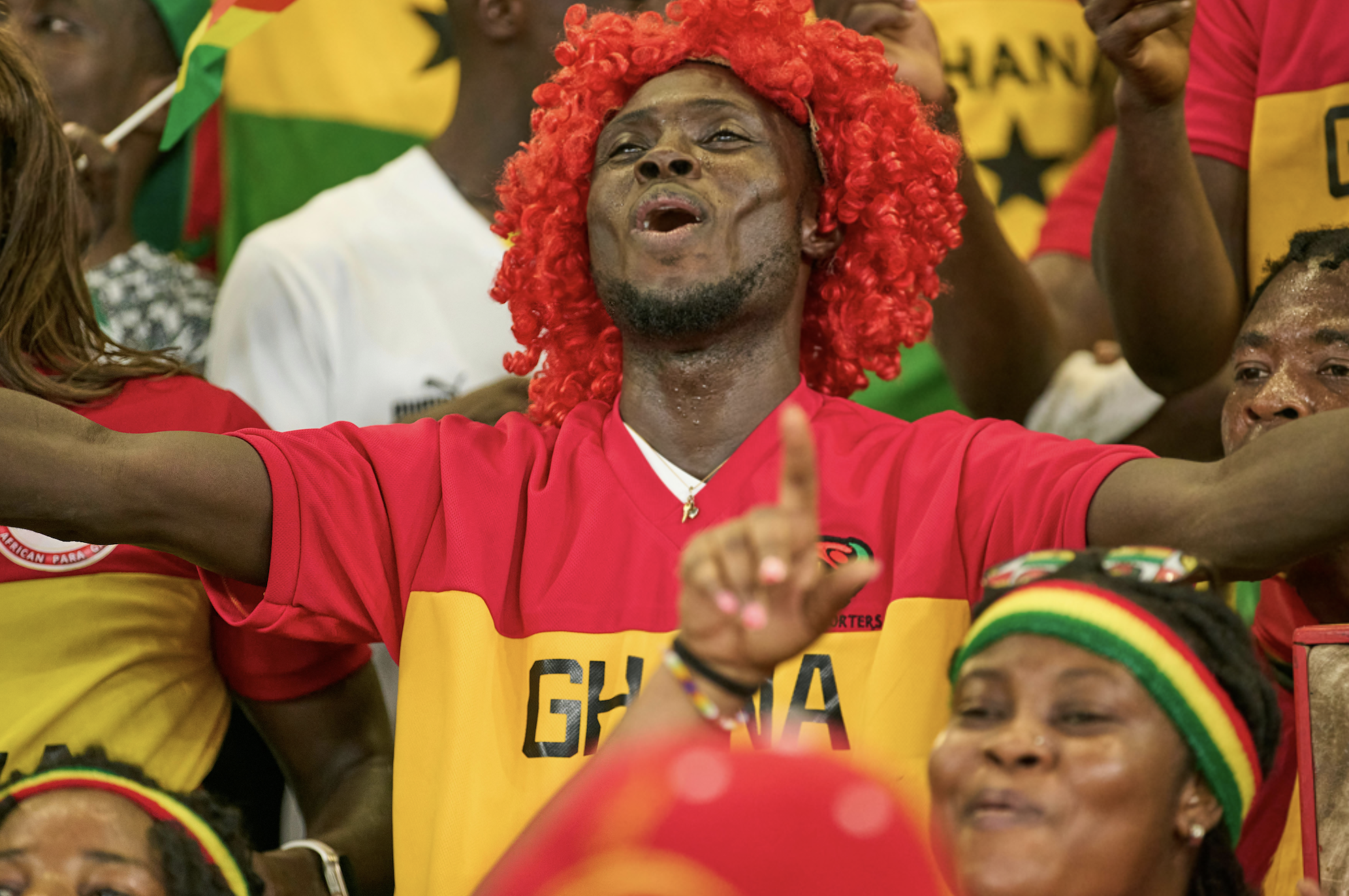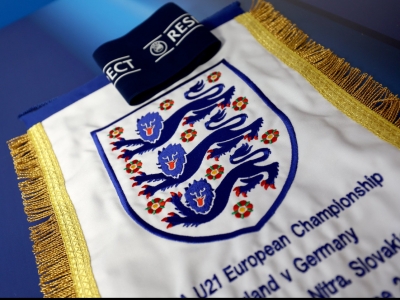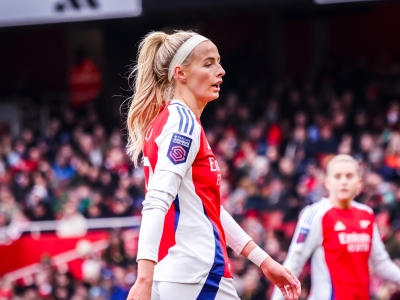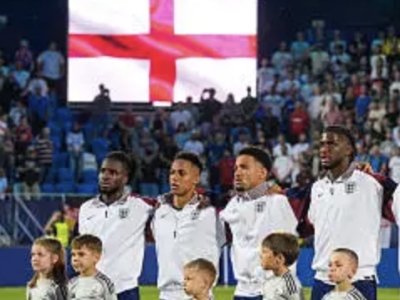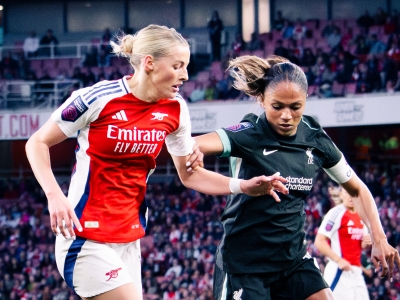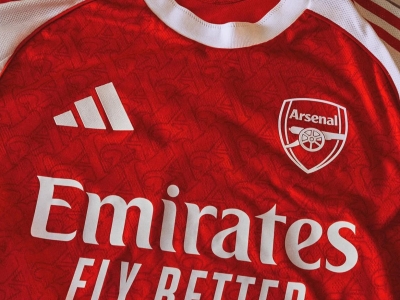Football is more than just a game – it is a global culture fueled by the passion of fans. Their energy, loyalty, and unity shape the identity of the sport, bringing stadiums and digital platforms to life. In this article, you will discover how fans create the matchday atmosphere, interact with clubs, contribute to the globalization of the sport, and make a positive social impact.
Digital Hubs: Where Fan Passion Lives Online
Stadiums are not the only home for fan culture; it has long transcended stadiums and has found a place in the digital world. Fans engage on social networks, forums, and on platforms such as Reddit or The Athletic in the same way to exchange news, opinions, and emotions.
Digital spaces offer several advantages for fans:
Access to real-time news and content; The ability to communicate with supporters from other countries; Exclusive materials, including interviews and broadcasts.
These platforms enhance engagement, allowing fans to stay close to the game. For example, on AustriaWin24.at, supporters can explore related entertainment options such as online casinos with football-themed slots. As gambling expert David Reicht pointed out, "Football and gambling often intertwine, creating a unique experience for fans who want to amplify their emotions from the game". Such websites unite sports and interactive entertainment, strengthening fan culture.
Matchday Magic: The Heart of Stadium Culture
With songs, banners, and choreography, each club boasts a unique identity; the match becomes an emotional spectacle, and it shows that the stadium atmosphere will be the heartbeat of football. The game becomes so special because local fans add to the enthusiasm of every event, increasing its existing impact on players and spectators.
Through clubs such as Borussia Dortmund, we have seen the “Yellow Wall”, for example, a stand that visually and audibly becomes a masterpiece. In this section of the stadium, thousands of supporters join together who give their energy on the pitch. This energy is created through:
Loud chants that bring thousands of voices together; Visual displays with flags and pyrotechnics; Relentless support that motivates players.
Alongside this, traditions such as the performance of "You’ll Never Walk Alone" at Anfield have become symbols of club culture. And even though high ticket prices sometimes create barriers for some local supporters, matchdays remain a space where fans become co-authors of the football experience, strengthening the connection between the club and the community.
Fan Power: Shaping Clubs and Players
Fans are not just spectators – they are active participants (such as ultras) who influence clubs and players. They literally affect club decisions, from kit design to transfer policies. Moreover, social media has given supporters even more direct access to players, amplifying their voices, while platforms like X allow fans to share opinions that often reach club management. For example, Liverpool fans' protests in 2016 led to ticket prices being lowered.
Overall, supporters frequently criticize the sport's commercialization, arguing that modern football is rubbish owing to exorbitant costs and clubs losing touch with their local roots. This critique is frequently heard in internet debates when fans demand respect for traditions. Back in 2021, for example, Manchester United fans protested against Glazer ownership, which turned into changes to club administration. In addition, the world's highest-paid soccer players in 2024, including Kylian Mbappé, often say the crowd specially inspires them to play at their best.
Such are the fans as an integral aspect of the football ecosystem. This influence actually promotes the dialogue between the clubs and the municipalities in making the sport's future.
Football Without Borders: The Global Fan Movement
International support has become more accessible through online platforms, as Asian and African fans, to name a few, can follow European clubs. Whether through broadcasts or fan clubs, supporters find ways to stay close to their favorite teams.
For example, official Real Madrid groups consist of thousands of communities worldwide. In 2018, the club reported having 2,320 official fan groups, each bringing local traditions into fan culture. Indonesian supporters, for instance, organize massive match screenings, blending their football passion with local festivals. This cultural exchange enriches football, turning it into a kind of universal language.
Here are some other activities that fan clubs engage in:
Region
Asia
Number of official fan clubs (2023)
850
Example activity
Match viewings with local festivals
.....
Africa
Number of official fan clubs (2023)
600
Example activity
Charity matches for local communities
.....
Americas
Number of official fan clubs (2023)
450
Example activity
Fan tours to European stadiums
......
Beyond football globalization, tourism also plays a role in expanding the sport’s reach. Stadiums such as Camp Nouattract fans from all over the world, who travel to Barcelona specifically to visit the legendary venue. This global phenomenon makes fan communities a connecting link in the world football culture.
Beyond the Game: Social Good Through Fan Communities
Football is not simply a passion; rather, fan communities tend to escalate beyond the sport and create social value. For instance, many groups make arrangements to provide help to hospitals or assist refugees. Coverage of such stories in shows such as BBC Football Daily acts as another source of fuel for supporters to take part in these social projects, which only fuels the bond between football and society.
Football now can be regarded as a stage for social movements, where fan organizations have been working to make football a safe space for women, members of the LGBTQ+ communities, and minorities, giving them a voice.
Here’s how they do it:
Organizing charity matches and donations; Supporting campaigns for diversity in sports; Creating communities where everyone feels accepted.
A great example of this is the Celtic Charity Fund, which has raised millions for those in need since 1888. Such initiatives show that fans are not just the voices from the stands – they are a force capable of making the world a better place. Their actions also inspire other clubs and players to support various social projects, strengthening football’s overall impact on society.
Conclusion
Fan communities are the vibrant emotional foundation of football, shaping its cultural and social significance. From legendary stadium traditions to global online forums, supporters contribute not only passion but also unity and positive change. It is their influence on clubs, players, and society that makes football truly unique.

